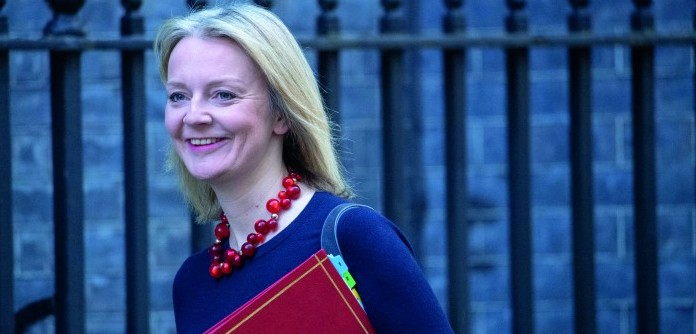The Government is planning to introduce a dual tariff system that would permit imports of products like chlorinated chicken or hormone-treated beef from the US, according to a report in the Daily Telegraph.
Under the plans being drawn up, the these products would incur high tariffs to help protect British farmers. However, the move would seemingly go against the constant reassurances from Ministers that UK food standards would not be undermined under post-Brexit trade deals.
The Telegraph also reports that International Trade Secretary Liz Truss wants to go further and gradually reduce these tariffs to zero over 10 years, giving farmers time to adjust.
The report comes as the NFU’s food standards petition was approaching 500,000 signatures (Friday am), following a surge of support over the past few days.
The petition calling for the Government to ‘put into law rules that prevent food being imported to the UK which is produced in ways that would be illegal here’ only passed 200,000 signatures on Tuesday. But support has snowballed in the past 48 hours, helped by the backing of celebrity chef Jamie Oliver, with the issue currently receiving a soaring media profile.
You can sign the petition here
The NPA is backing the campaign. Commenting in the latest issue of Pig World, senior policy adviser Ed Barker said that following the failure of legislative safeguards to be inserted into either the Agriculture Bill or the Trade Bill in May, it remained unclear how the Government would deliver on its repeated assurances to ensure UK food standards would not be undermined in future trade deals.
“The question that any farming constituent will need to know is: How, other than blind trust, will food standards be protected?” he said.
“We still have no actual idea where its manifesto commitment on food standards will sit and how it will be enacted. The industry does not want to simply rely on Government having our back.”
A spokesman from Ms Truss’s department insisted the Government would ‘safeguard our agriculture sector’ in future trade deals, highlighting the decision to maintain tariffs on key agricultural products.
“We have been clear that in all of our trade negotiations – including with the US in our first round of negotiations – that we will not undermine our high domestic environmental protection, animal welfare and food safety standards, by ensuring that in any agreement British farmers are always able to compete,” he said.




